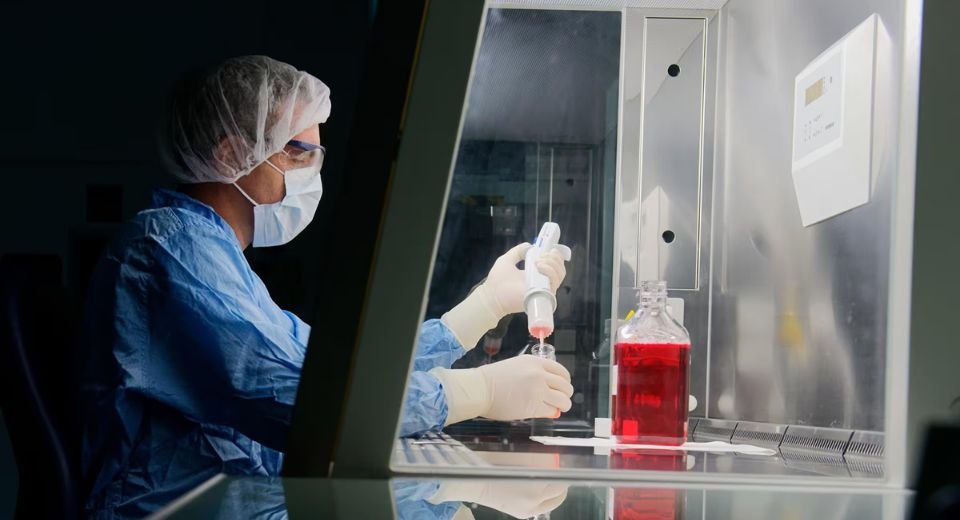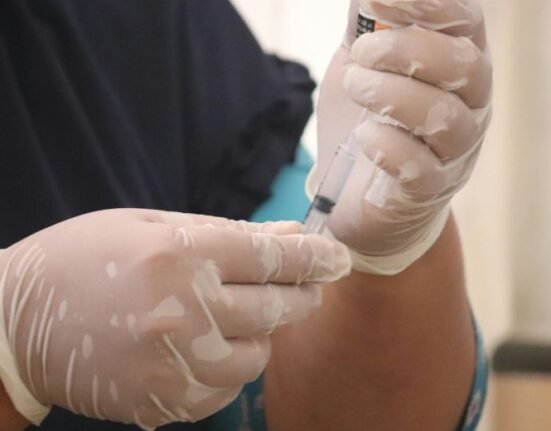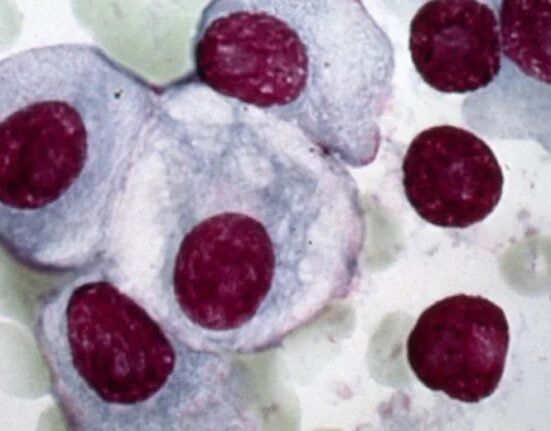HQ Team
June 2, 2025: France’s Sanofi SA will acquire US-based Blueprint Medicines Corporation for $9.1 billion to gain access to an immunology medicine for a rare disease and expand the company’s portfolio.
The US company is a publicly traded biopharmaceutical company specialising in systemic mastocytosis, a rare immunological disease, and other KIT-driven (a receptor tyrosine kinase gene-driven) diseases.
Sanofi will pocket a rare immunology disease medicine, Ayvakit/Ayvakyt (avapritinib), which is approved in the US and the EU for treating systemic mastocytosis.
Sanofi will offer a cash tender to acquire all outstanding shares of Blueprint for $129 per share in cash, for a total equity value of approximately $9.1 billion. Blueprint’s shareholders will receive one non-tradable contingent value right per Blueprint share with two potential milestone payments.
Milestone payments
One being $2 per share, upon the achievement of a clinical development milestone for BLU-808 medicine, and $4 per share, conditioned upon the achievement of a regulatory milestone for the same. BLU-808 is a highly selective and potent oral wild-type KIT inhibitor with the potential to treat a broad range of diseases in immunology.
Sanofi will also grab elenestinib, a next-generation medicine for systemic mastocytosis. The oral medicine is currently in the mid-final stages of trials.
The deal is expected to close in the third quarter of 2025. The acquisition will not have a significant impact on Sanofi’s financial guidance for 2025.
The oral medicine Ayvakit achieved net revenues of $479 million in 2024 and nearly $150 million in the first quarter of 2025, representing year-on-year growth of more than 60%.
KIT-driven diseases
Systemic mastocytosis is a rare immunological disease that occurs due to the accumulation and activation of aberrant mast cells, or a type of immune cell, in bone marrow, skin, the gastrointestinal tract, and other organs.
Mast cells play a vital role in immune responses and are typically found in tissues that encounter the external environment, such as the skin, lungs, and gastrointestinal tract. Upon activation, mast cells release pro-inflammatory molecules — histamines and proteases.
The KIT gene is crucial for normal cell signalling and development, and its dysregulation drives various KIT-driven diseases such as gastrointestinal stromal tumours, acute myeloid leukaemia and haematological disorders, including myelodysplastic syndromes and certain types of chronic myelomonocytic leukaemia.
These protein receptors are specialised proteins, usually located on the surface of cells or inside them, that bind to specific molecules called ligands.
‘Further acquisitions’
When a ligand binds to its receptor, the receptor undergoes a change in shape or activity, which triggers a signal inside the cell. This signalling can lead to various cellular responses such as changes in gene expression, cell growth, metabolism, or immune responses.
KIT mutations lead to excessive and uncontrolled activity of the KIT receptor. These mutations can be detected through genetic testing, which is used to diagnose and monitor KIT-driven diseases. Targeting the KIT receptor with tyrosine kinase inhibitors is often an effective treatment strategy for some KIT-driven diseases.
“The proposed acquisition of Blueprint Medicines represents a strategic step forward in our rare and immunology portfolios. It enhances our pipeline and accelerates our transformation into the world’s leading immunology company,” said Paul Hudson, CEO, Sanofi.
The buy-out was aligned with the company’s “strategic intent to strengthen our existing therapeutic areas, to bring relevant and differentiated medicines to patients,” he said.
“Sanofi still retains a sizeable capacity for further acquisitions.”








